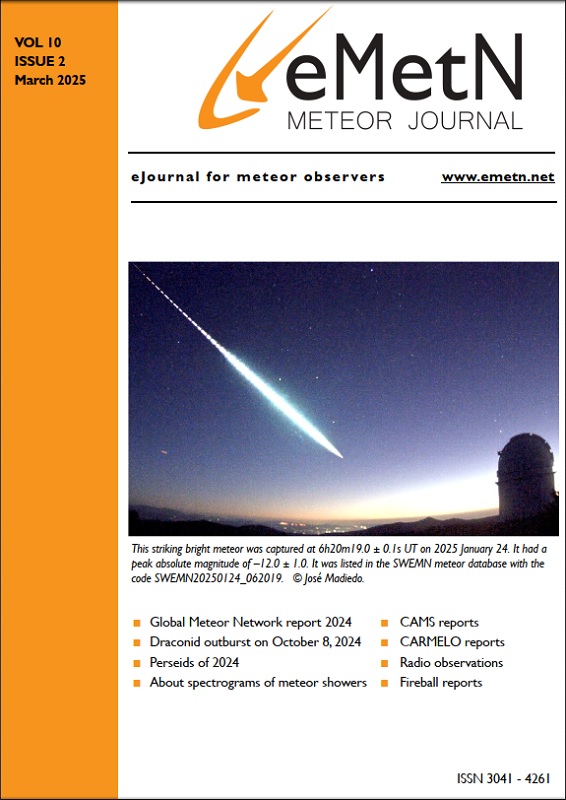Meteor Activity Outlook for 15-21 April 2023
During this period, the moon reaches its new phase on Thursday April 20th. At that time the moon will be positioned near the sun and will be invisible at night. This weekend the waning crescent moon will rise during the morning...
Read More
